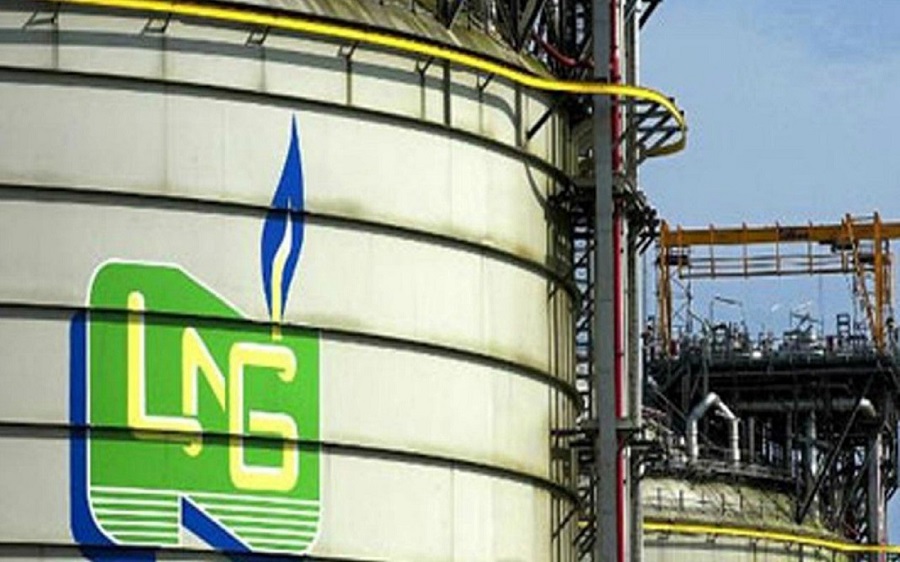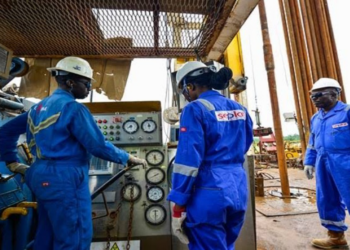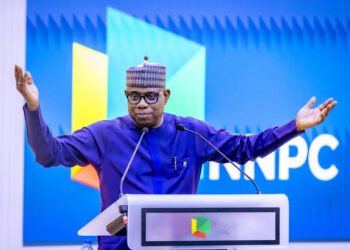Nigeria will most likely increase the export of its Liquefied Natural Gas (LNG) in August and September to the global market if the demand of the commodity goes up despite the crash in prices which is near record lows.
However, in the meantime, the government-owned Nigeria Liquefied Natural Gas (NLNG) company has concluded plans to maintain its current supply level to the global market. This is contrary to what some other exporters like the United States and Australia seem to be doing following low prices.
According to a report from Bloomberg, Nigeria exported over 1.8 million tons in the month of June, which is more than last year’s monthly average of 1.7 million tons.
Some of the country’s buyers have effected clauses in their long-term which allows them to take fewer shipments than was originally agreed. The gas firm has been able to sell the excess supply at a discount in the spot market. Over 50% of Nigeria’s exports in May were sold in Asia as against the about 30% that was sold last year.
Natural gas exports have slowed in June as the coronavirus pandemic has negatively affected global demand. Most of the multibillion-dollar projects in natural gas export terminals have been either halted or delayed as a result of the disruptions by the pandemic.
The damage to the gas trade goes well beyond the Middle East as it is affecting similar businesses in Australia, which is reputed to be the world’s largest exporter of LNG and the United States. With the global exports down by 6.3% from the previous year, only a few exporting countries like Qatar and Algeria, have been able to increase output.
The positive for Nigeria is that the production cost at its LNG facility in Bonny island is so low that it can still turn a profit despite the weak spot prices. The facility has been about the lowest costs when compared to similar projects around the world.
Nairametrics had reported that the NLNG just signed the engineering, procurement and construction contract for its train 7 project, which is a major gas expansion plan. The project is expected to boost the country’s LNG output by more than 30%.
The NLNG is a consortium between the Nigerian National Petroleum Corporation (NNPC), Royal Dutch Shell, Total and Eni. The project is coming at a difficult time when LNG prices in Asia and gas prices in Europe have hit a record low due to the coronavirus pandemic which has weakened demand.























What is the secret to Nigeria LNG ‘s low operational cost during this pandemic. What are they doing differently?